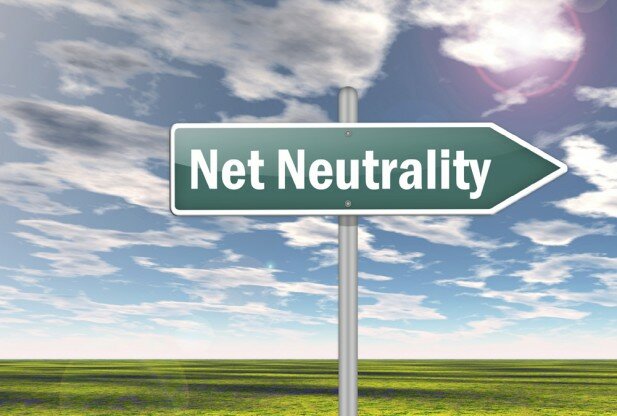The term “net neutrality” has been tossed around in the news lately, but what is it exactly? Network neutrality–often referred to as net neutrality–is the principle that shapes how the Internet is used and available today. In short, our access to the World Wide Web is completely unrestricted. The basic premise behind net neutrality is that there aren’t any restrictions or limitations placed on the Internet. However, this comes with significant downsides. Read on for some of the current concerns and ongoing controversy around net neutrality today.

Courtesy of Redorbit
In Short
Net neutrality is a premise that has been established to keep access to the Internet free and unbiased towards any group of individuals, corporations or governments. In today’s context, a policy of net neutrality is the only thing keeping large or commercially driven websites from taking over the Internet and out-competing the smaller sites and sources.
How Does It Affect Internet Users?
One of the biggest concerns right now if net neutrality were to no longer be the standard on the Internet is that large corporations could pay to get their content delivered to search results faster than other companies, thus giving them a major competitive advantage. As expected, proponents of free enterprise are very torn on this issue. On one hand, there is a free enterprise following who believes that those who can afford to pay for the faster content should be allowed to do so unrestricted. Another and somewhat more vocal following is of the mindset that this type of discrimination should not be allowed.
Enter the FCC
The FCC is attempting to address this issue of net neutrality, but in doing so, it is drawing quite a bit of criticism. FCC Chair Tom Wheeler has proposed a system that would create a fast and a slow lane of web traffic. The fast lane would be for companies that can pay and the slower for those individuals and companies who can’t afford to pay.
Wheeler has expressed the intent to add language to the draft proposal that will basically tell consumers that the FCC will police the paid players to be sure the unpaid companies aren’t being placed at a disadvantage. Despite this open-ended and vague assurance, small businesses and large tech firms alike are weighing in and there seems to be a lot of pushback in response to the FCC plan.
Putting It In Perspective
Large companies such as Amazon, Google and Facebook also vociferously oppose the proposal, which would allow the Internet service providers to decide which site and traffic they will speed up and which they will slow down. The preferred alternative is to operate the Internet as a utility, allowing for both regulation and enforcement across the board. What are your thoughts around net neutrality? Let us know in the comments section below!
By




Nicole
I am so glad to see something like this!!! Net-neutrality is definitely a conversation we need to be having! Leave the internet unregulated!!!